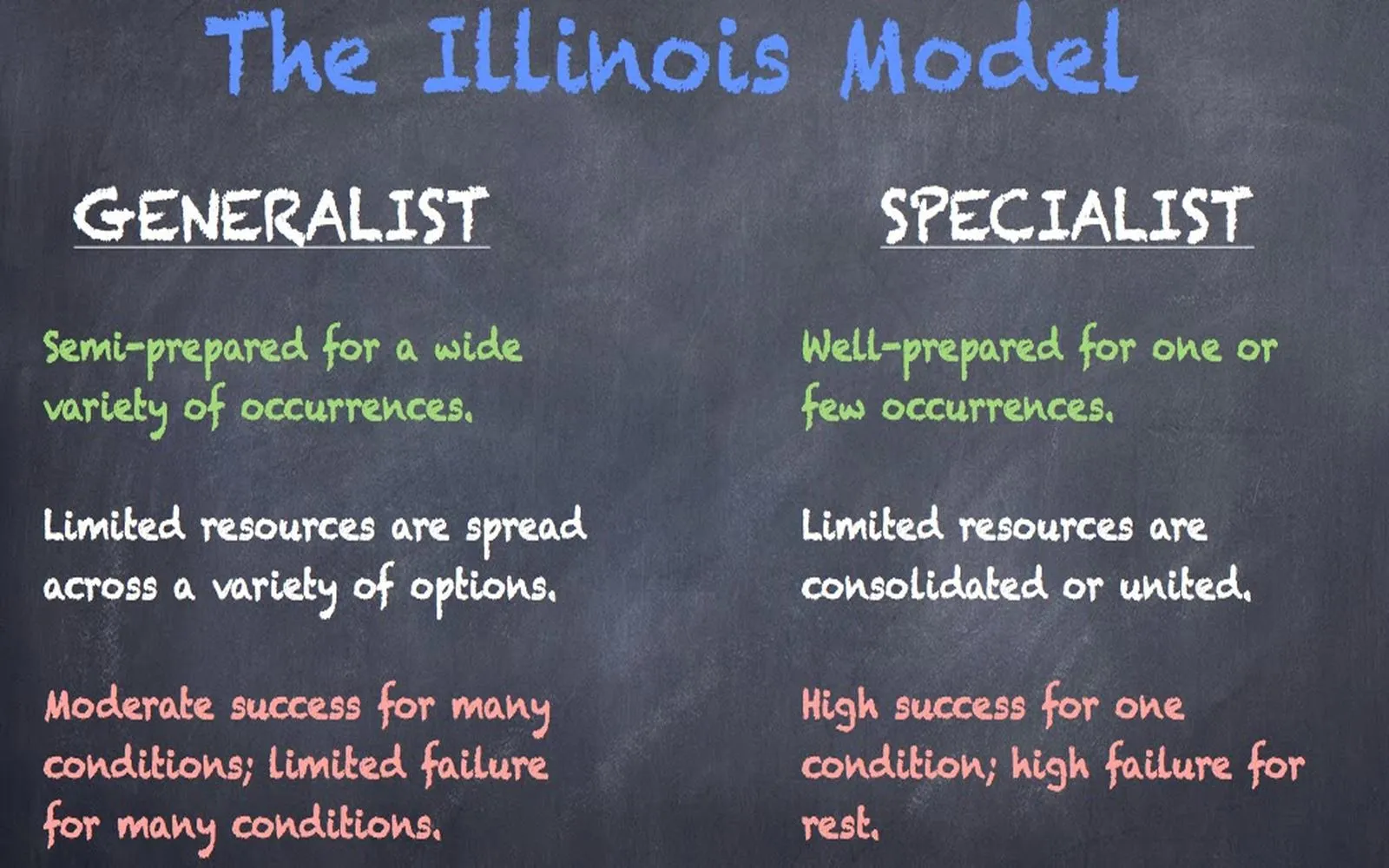Understanding Generalists and Specialists
In the world of careers and professional development, the debate between being a ''generalist'' versus a ''specialist'' is ongoing. Each path has its benefits and drawbacks, and the right choice often depends on individual preferences, industry demands, and long-term career goals. This article will explore the differences between generalists and specialists, highlighting key considerations to help you make an informed decision.
Defining Generalists and Specialists
Generalists are individuals who possess a broad range of skills and knowledge across multiple disciplines. They are often adaptable and can switch between various roles, making them valuable in dynamic environments where versatility is essential.
On the other hand, specialists are professionals who focus on a specific area of expertise. They typically have deep knowledge and skills in their chosen field, allowing them to excel in tasks that require specialized knowledge. Specialists are often sought after for their in-depth understanding and ability to tackle complex problems within their domain.
The Benefits of Being a Generalist
1. ''Versatility'': Generalists can adapt to various roles and responsibilities, making them highly employable in diverse industries. This flexibility allows them to pivot quickly when market demands change.
2. ''Broader Perspective'': Generalists often have a comprehensive understanding of different fields, enabling them to connect ideas and innovate across disciplines. This ability can lead to creative problem-solving and cross-functional collaboration.
3. ''Diverse Skill Set'': With a variety of skills, generalists can contribute to multiple projects and teams, enhancing their value in an organization. They are often seen as assets in roles that require collaboration and cross-departmental communication.
The Drawbacks of Being a Generalist
1. ''Lack of Depth'': While generalists have a broad range of skills, they may lack the depth of knowledge that specialists possess. This can be a disadvantage when tackling highly technical tasks that require in-depth expertise.
2. ''Perception of Competence'': In some industries, generalists may be perceived as less competent compared to specialists. Employers may prioritize specialists for roles that require niche skills or advanced knowledge.
The Benefits of Being a Specialist
1. ''Expertise'': Specialists are often recognized as authorities in their field. Their deep knowledge allows them to solve complex problems and provide insights that generalists may not be able to offer.
2. ''Job Security'': In industries where specialized skills are in high demand, specialists often enjoy greater job security and higher salaries compared to generalists. Their unique skill set can make them indispensable to employers.
3. ''Career Advancement'': Specialists may have clearer career paths, as their expertise allows for progression within their specific field. They can pursue advanced roles or leadership positions that require specialized knowledge.
The Drawbacks of Being a Specialist
1. ''Narrow Focus'': Specialists may find themselves limited in their career options if their area of expertise becomes obsolete or less relevant. This can lead to challenges in transitioning to new roles or industries.
2. ''Burnout Risk'': Focusing intensely on one field can lead to burnout, especially if the individual feels trapped in a narrow specialty without opportunities for growth or change.
Choosing the Right Path for You
When deciding whether to become a generalist or a specialist, consider the following factors:
- Industry Trends: Research your industry to understand the demand for generalists versus specialists. Some fields, such as technology, may require specialists for highly technical roles, while others may benefit from generalists who can manage diverse tasks.
- Career Goals: Reflect on your long-term career aspirations. If you aim for leadership positions that require oversight of multiple areas, a generalist approach may be beneficial. However, if you strive to be a top expert in a specific field, specialization may be the way to go.
- Personal Preferences: Consider your strengths and interests. If you enjoy learning about various subjects and thrive in dynamic environments, a generalist role may suit you. If you prefer delving deeply into one area and mastering it, specialization may be more fulfilling.
Conclusion
Ultimately, the choice between being a generalist or a specialist depends on your individual circumstances, career goals, and industry demands. Both paths offer unique advantages and challenges. As the workplace continues to evolve, the most successful professionals will likely be those who can navigate the spectrum between generalization and specialization, adapting their skills to meet the changing needs of the market.
Visual Comparison: Generalist vs. Specialist
| Criteria | Generalist | Specialist |
|---|---|---|
| Skill Set | Broad | Narrow |
| Job Security | Variable | High |
| Career Flexibility | High | Low |
| Depth of Knowledge | Shallow | Deep |
| Perceived Value | Variable | High |
In conclusion, whether you choose to be a ''generalist'' or a ''specialist'', it is essential to continuously develop your skills and remain adaptable to thrive in today’s ever-changing job market.





